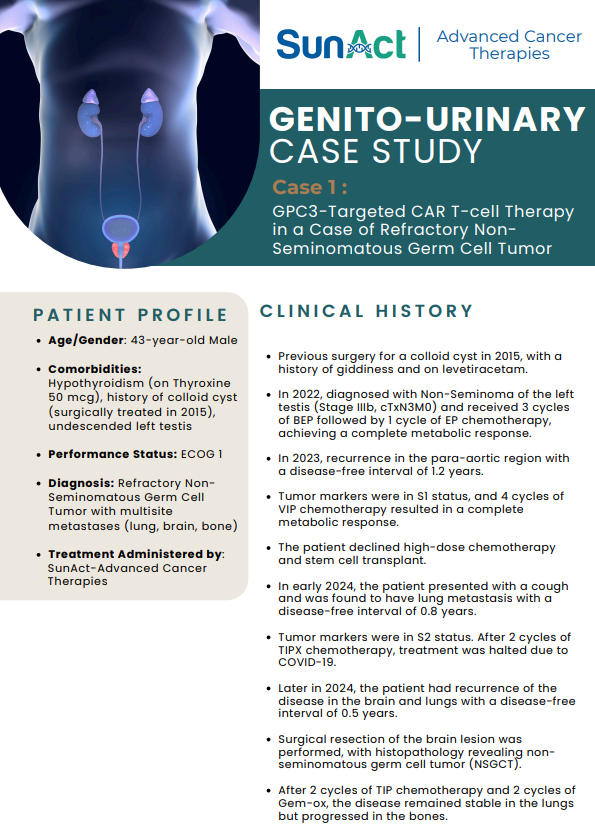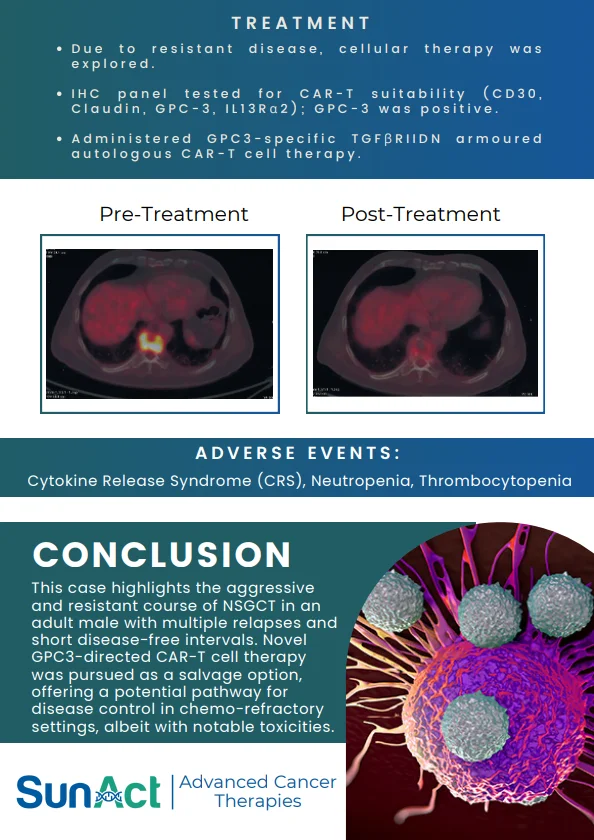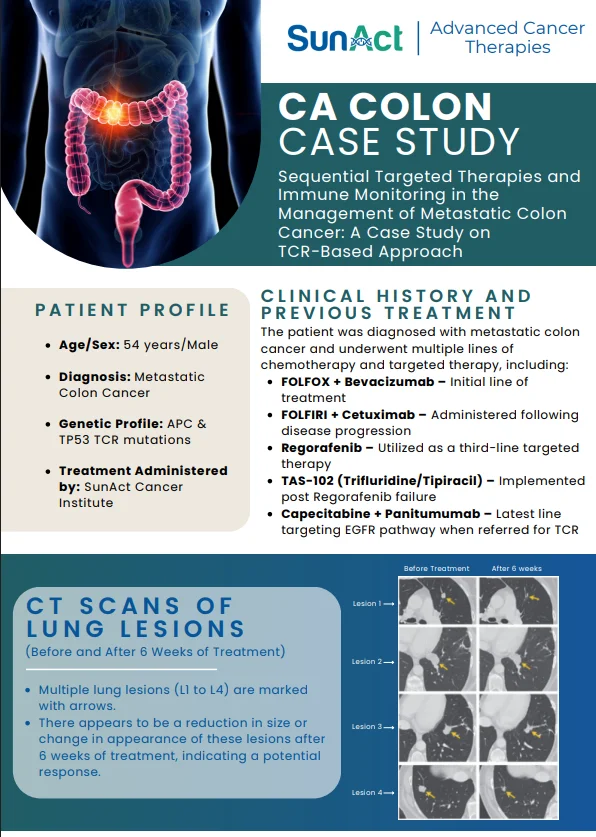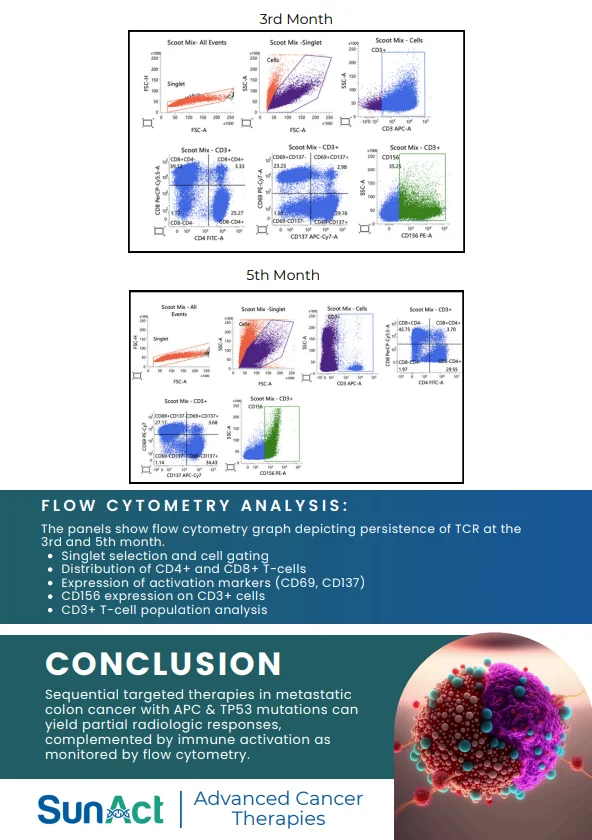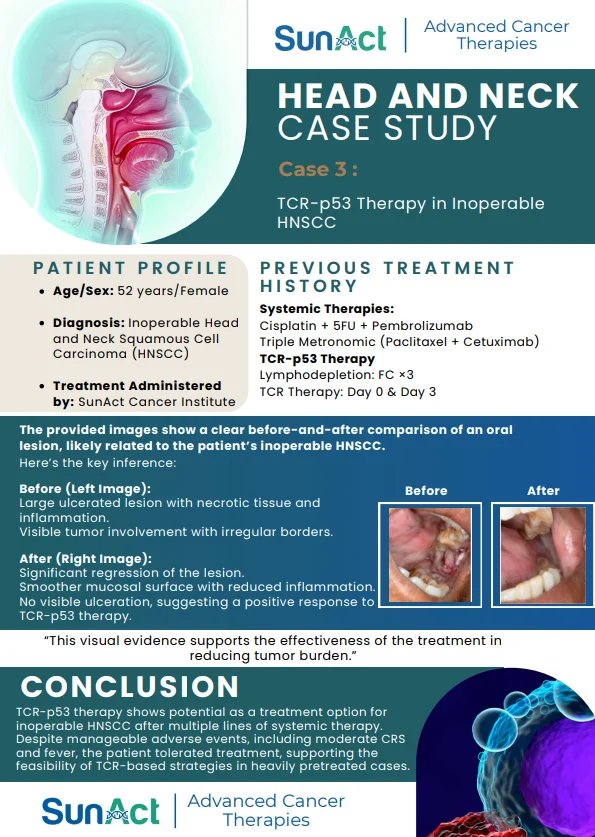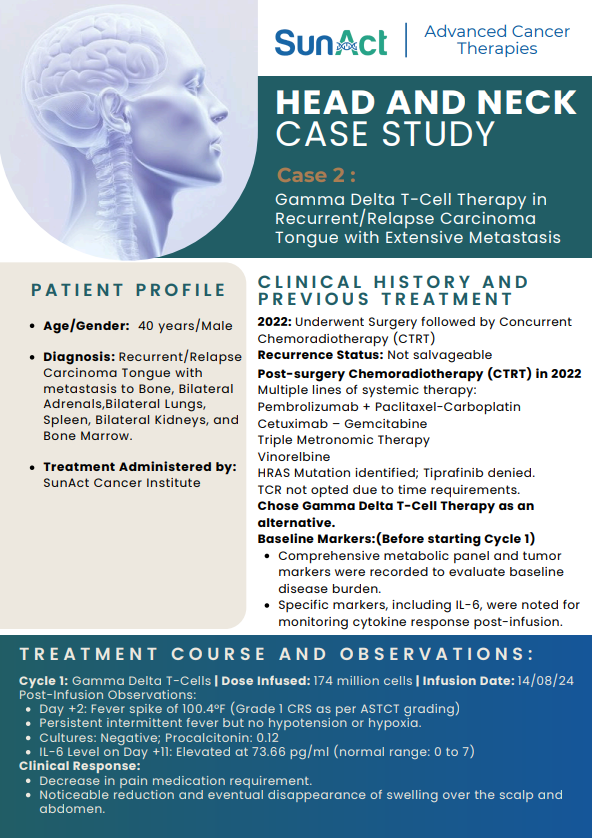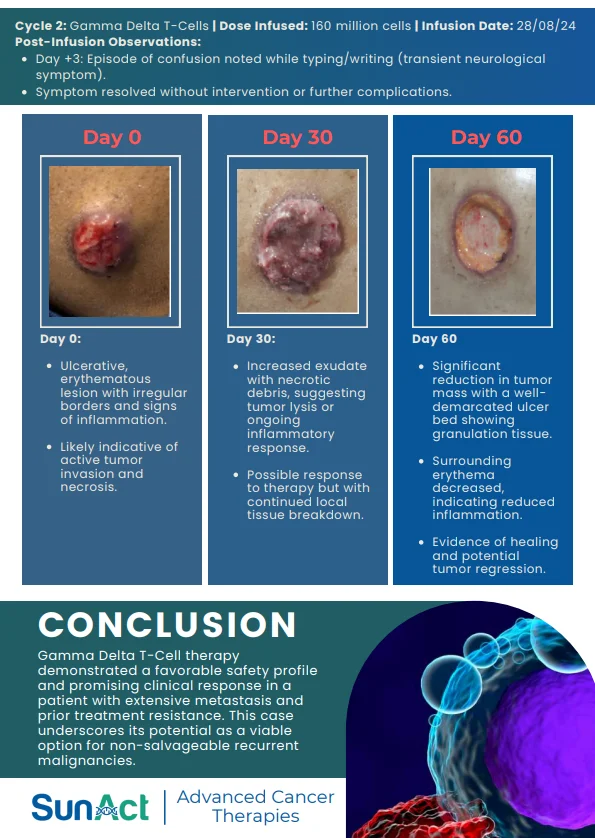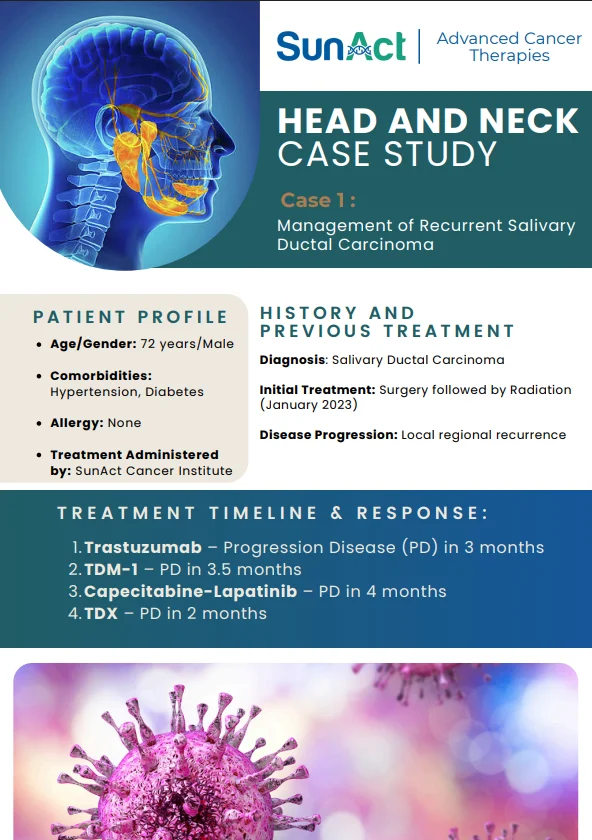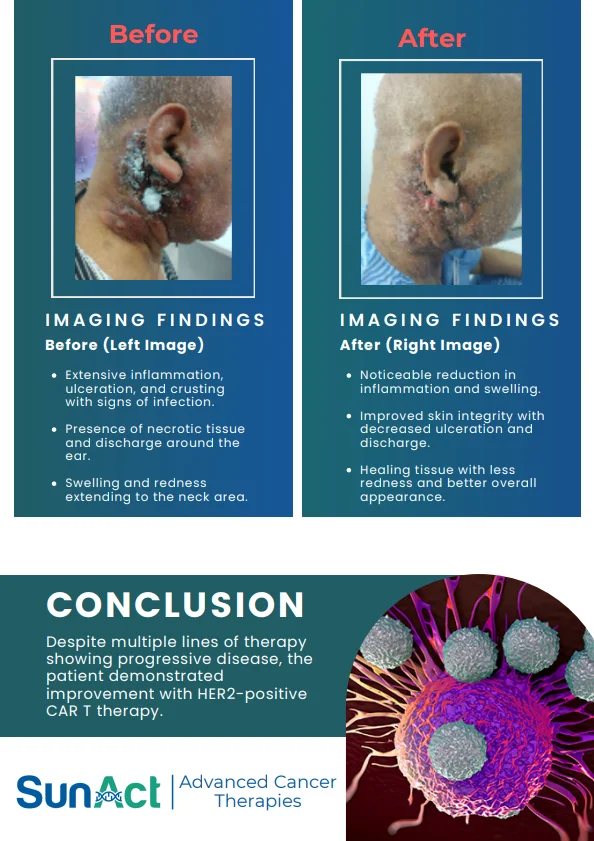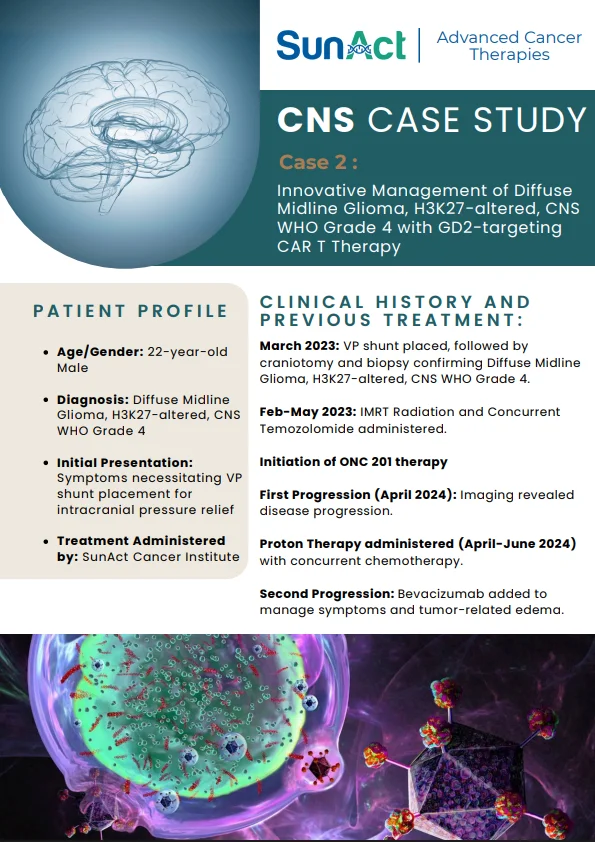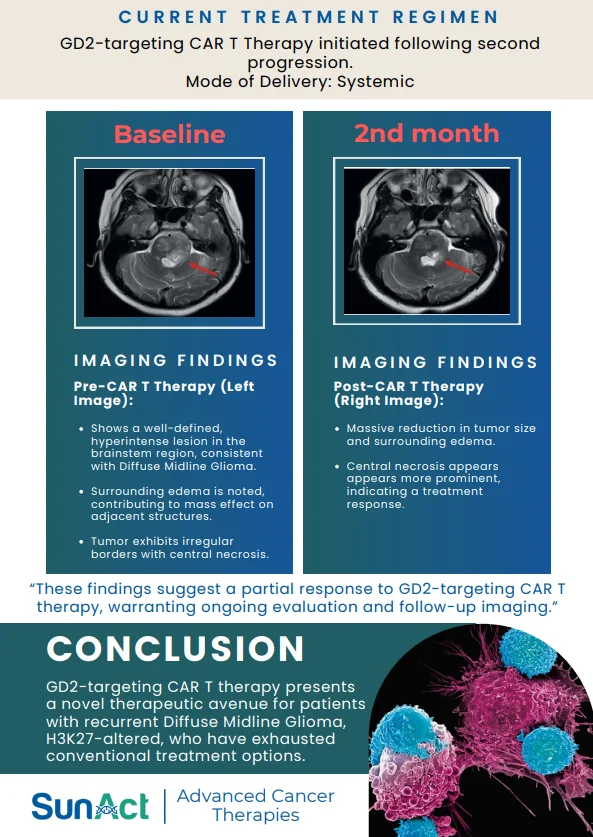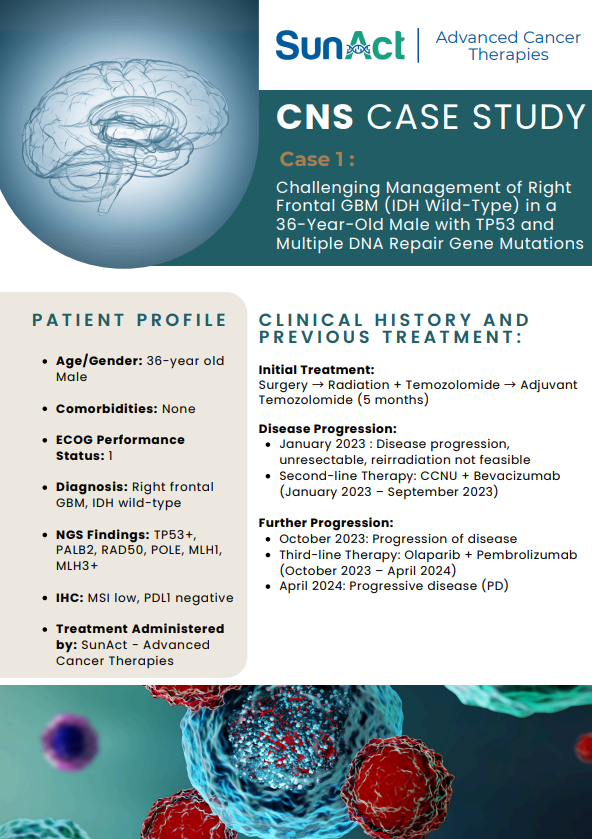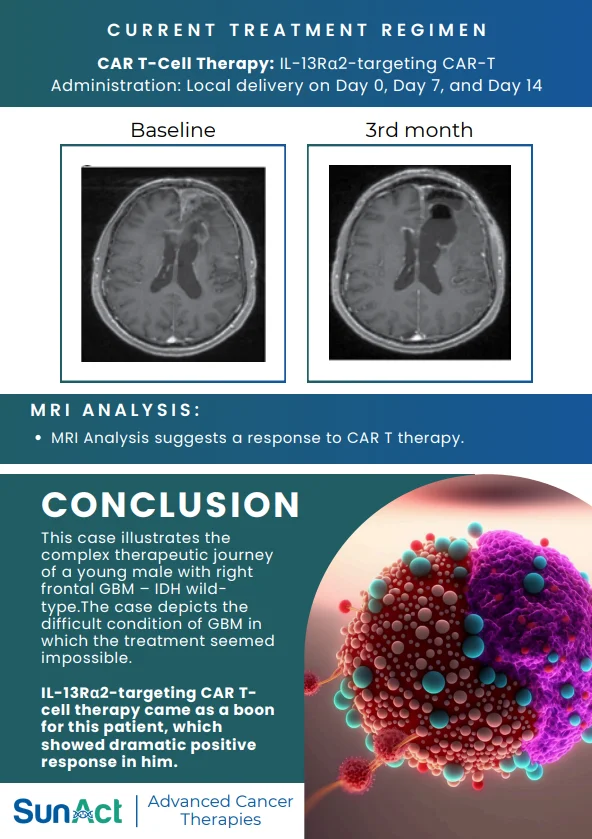20 June 2025
Immune Thrombocytopenia (ITP) is an autoimmune condition where the body’s immune system mistakenly attacks its own platelets, the tiny cells essential for blood clotting. This leads to low platelet counts, causing easy bruising, bleeding, and sometimes serious health risks. The problem often stems from immune cells called B-cells, which produce harmful “autoantibodies” (self-attacking proteins) that destroy platelets. While many ITP patients respond to standard treatments like steroids, some develop “refractory” ITP, meaning their condition doesn’t improve with these therapies. For these individuals with persistent, dangerously low platelets and a reduced quality of life, new treatments are vital. CAR-T cell therapy, a cutting-edge treatment that has changed how some B-cell cancers are treated, is now showing promise for severe autoimmune diseases like ITP.

How CAR-T Cells Could Tackle ITP
The strategy behind using CAR-T cells for ITP involves reprogramming a patient’s own T-cells (a type of immune cell) in a lab. These T-cells are engineered to recognize and attack B-cells by targeting a protein called CD19, which is found on the surface of most B-cells, including those that mature into antibody-producing cells. This is different from some existing drugs that target another protein (CD20) not present on all mature antibody-producing B-cells. By targeting CD19, CAR-T cells aim for a more thorough removal of the B-cells responsible for the autoantibodies driving ITP.
Early Positive Signs
Before human trials, studies in lab mice with an ITP-like condition showed that CD19 CAR-T cells helped platelet counts recover faster. The treatment effectively cleared harmful B-cells and reduced the bad autoantibodies. It also seemed to promote a healthier balance in the immune system. Importantly, these animal studies suggested the treatment was relatively safe. Lab tests on spleen cells from ITP mice and even human ITP patients also showed the CAR-T cells could effectively eliminate problem B-cells.
Breakthroughs in Patient Cases
The real excitement comes from recent reports of CAR-T therapy in people with very severe, refractory ITP:
- A 38-year-old woman with ITP (and lupus) who hadn’t responded to many treatments over nearly a decade received CAR-T cells (inati-cel). Her harmful B-cells were eliminated, and her platelet count rose to safe levels within two months, remaining stable at six months. She experienced only a mild, temporary fever.
- A 35-year-old man with ITP, unresponsive to treatments for eight years (including spleen removal), received a similar CAR-T therapy (KYV-101). His B-cells were cleared, his platelet count normalized in about six weeks, and he could stop all ITP medications. His fatigue resolved, and the benefits continued at four months. He also had only mild, easily managed fever. When his B-cells started to return, they appeared to be new, “naive” cells, suggesting an immune system “reset.”
Understanding the Success and Safety
These cases suggest CAR-T therapy works by deeply and lastingly removing the autoantibody-producing B-cells. This “resets” the B-cell part of the immune system, hopefully allowing it to rebuild without the cells that attack platelets. While CAR-T therapy for cancer can have significant side effects like high fever (cytokine release syndrome, or CRS) or nerve problems, the side effects in these ITP cases were much milder. This might be because ITP patients have fewer B-cells for the CAR-T cells to target compared to cancer patients.
The Path Forward
These initial results are very hopeful for patients with hard-to-treat ITP, but it’s early. Since this is based on a very small number of patients, larger clinical trials are essential. These studies will help confirm how safe and effective CD19 CAR-T therapy is for a wider range of ITP patients and how long the benefits last. Researchers also need to determine the best way to create and give the CAR-T cells, identify which patients are most likely to benefit, understand the long-term effects on B-cells, and assess any risk of infection from removing so many B-cells.
Despite these unanswered questions, using CD19 CAR-T cells for severe ITP is a significant advance. It suggests that targeting the root cause – the harmful B-cells – could lead to lasting remission for patients with few other options. The journey to establish CAR-T as a standard ITP therapy is just starting, but these early successes offer bright prospects.

